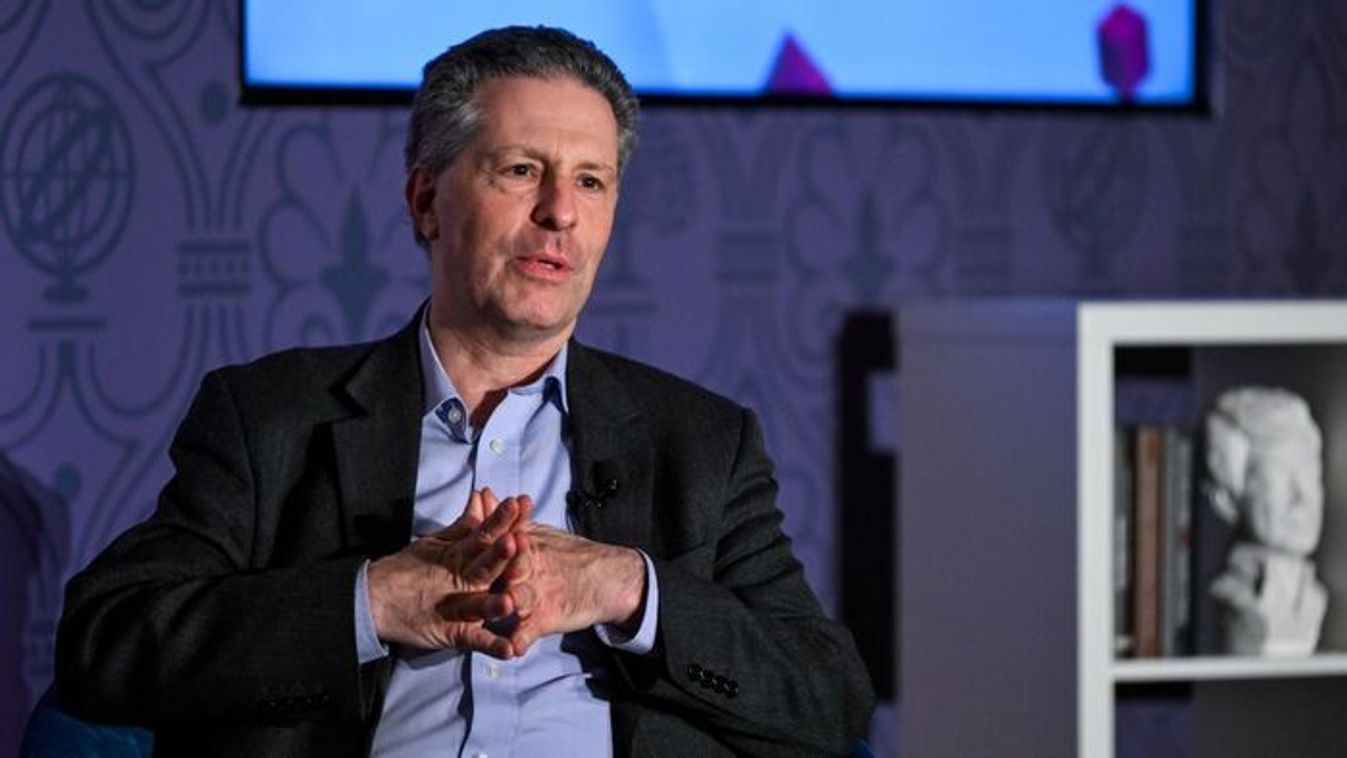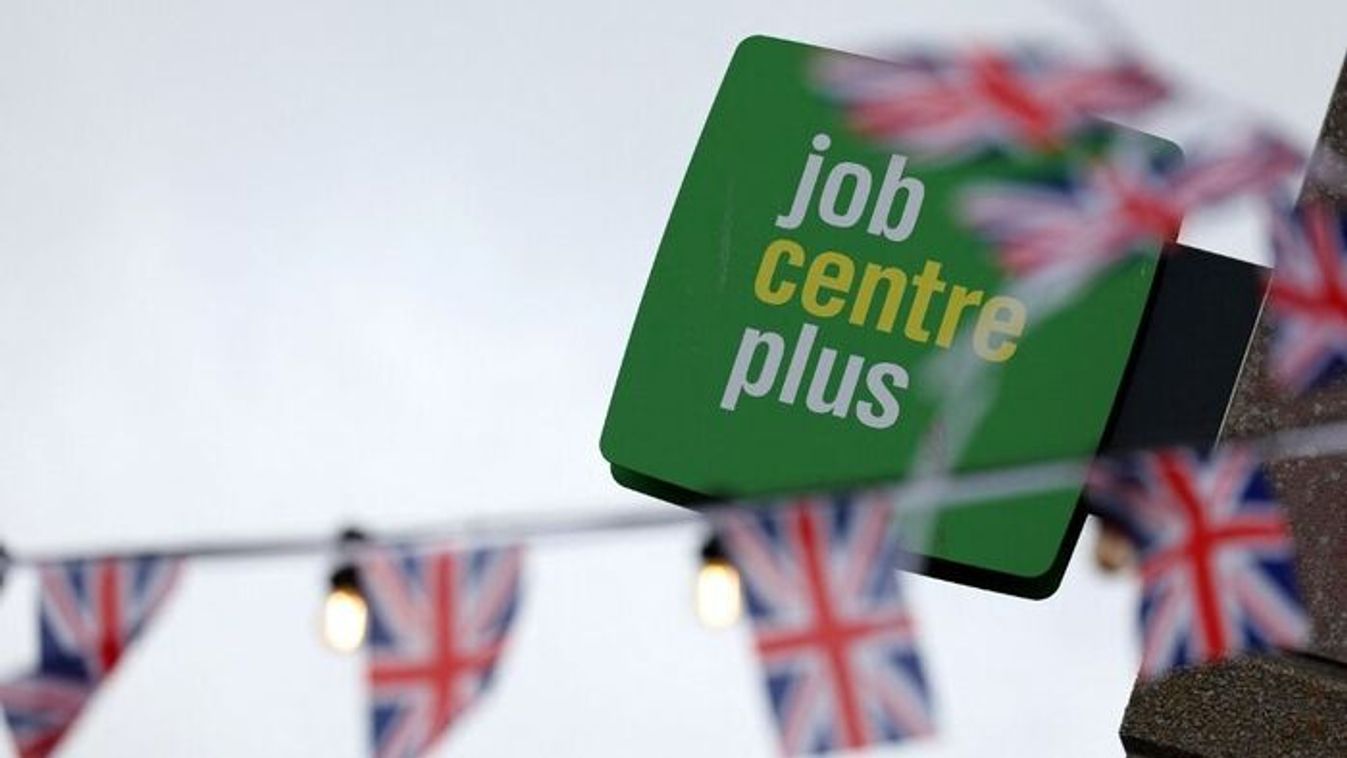The reason for this is elementary. Blair calls himself New Labour, and insists on the metaphysical as well as the programmatic significance of the term. But by instinct and conviction, he is body and soul a Tory, albeit in some ways a radical one, like Canning, Peel, Joe Chamberlain and Baldwin. His father was the foster-child of a Glasgow rigger in the Govan shipyard, an upwardly mobile go-getter who had a good war, was promoted to major, and thereafter became a barrister and a staunch Conservative activist. He was in line for the nomination of the safe Tory seat of Hexham in 1964, when suddenly incapacitated by a stroke. Had he become a Tory MP we can be certain that Blair would have followed him.
Indeed, I have never been able to detect, in his behaviour or speeches, any evidence of bedrock Labour sentiments, and this memoir fails totally to explain why he drifted into the party. There was never any real reason. It was happenstance. Or rather I prefer the Quixotic explanation offered by his former housemaster at Fettes, Eric Anderson and his wife Poppy. Blair was always a consummate actor, and was given the part of Anthony in the school production of Julius Caesar, although not yet a senior boy. He had a startling success in the part, as one would expect. Poppy did the costumes, and dressed the followers of Brutus in blue. Anthony and his men wore red. »And that,« she said, »was how Blair became Labour.«”










